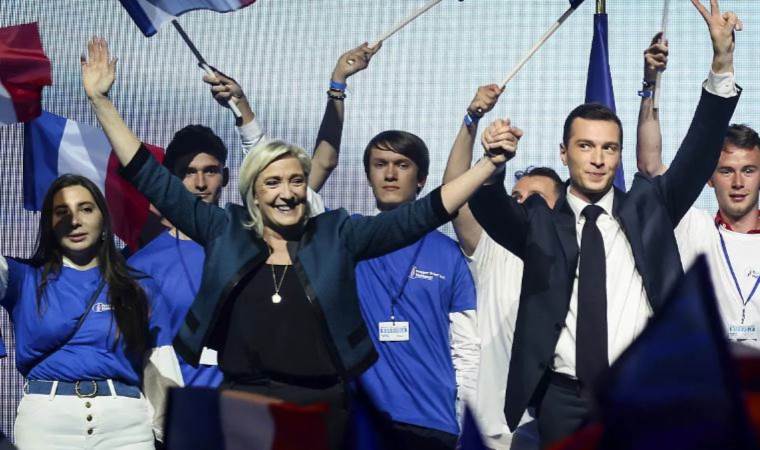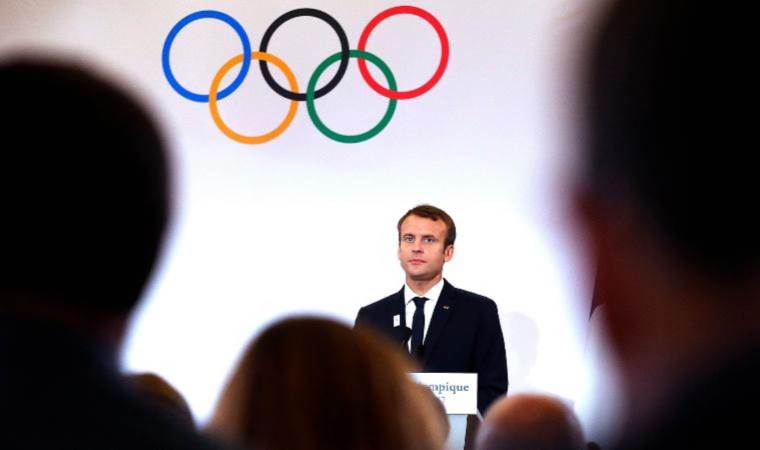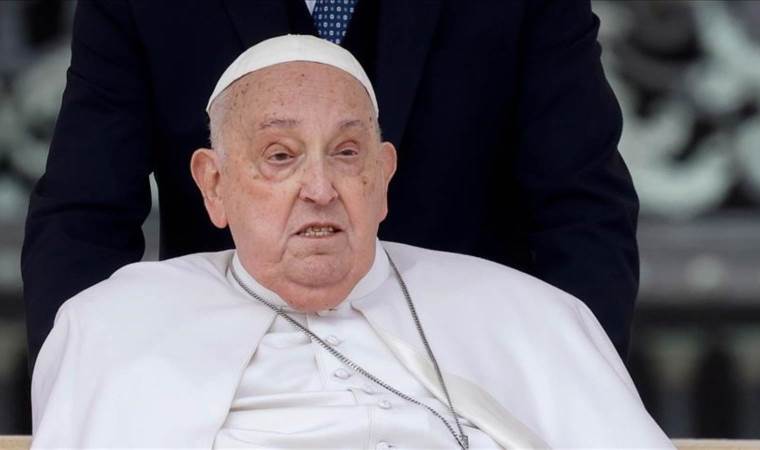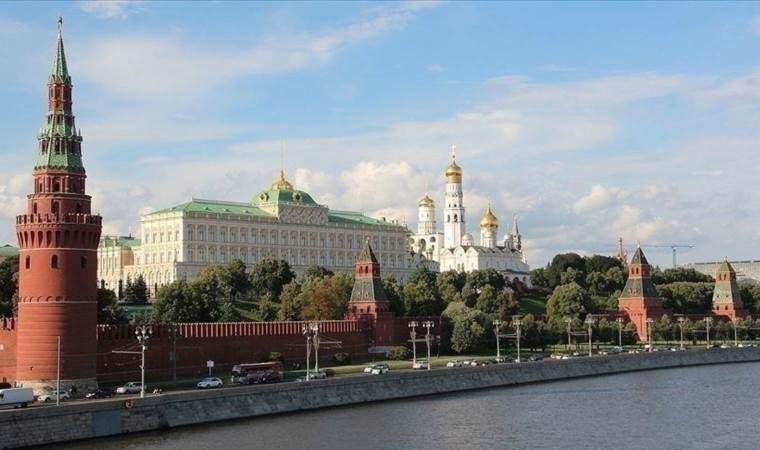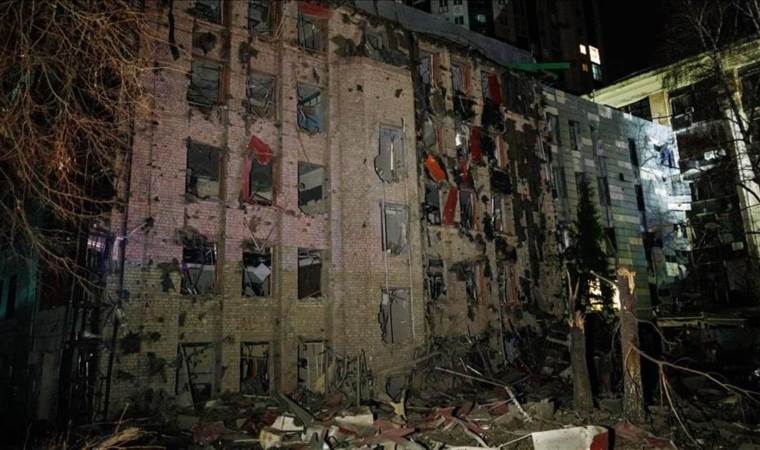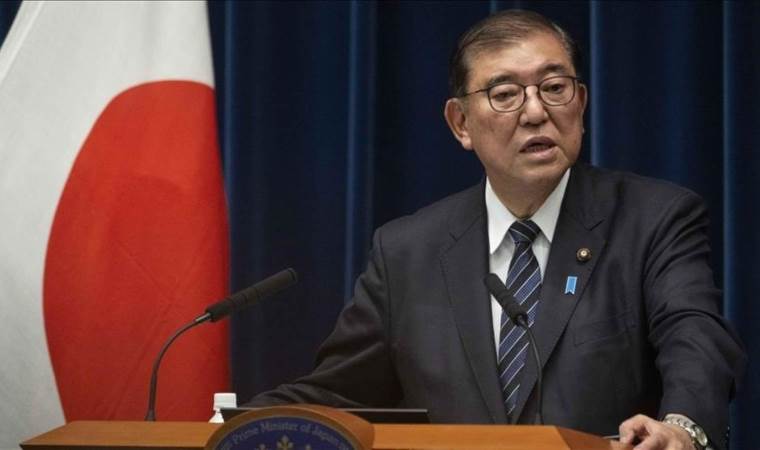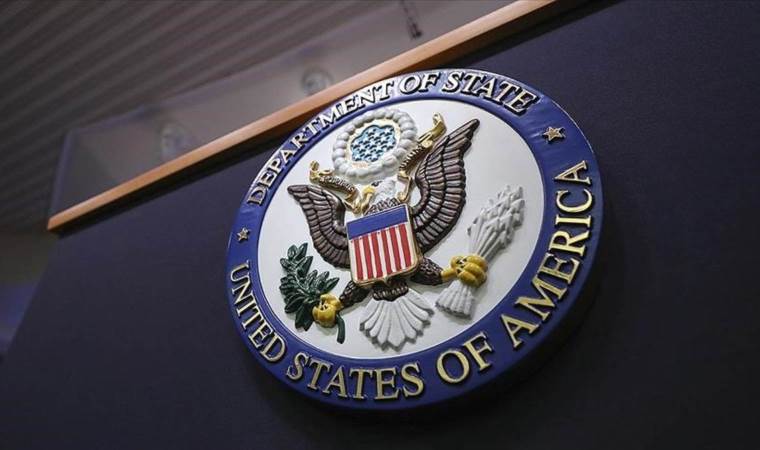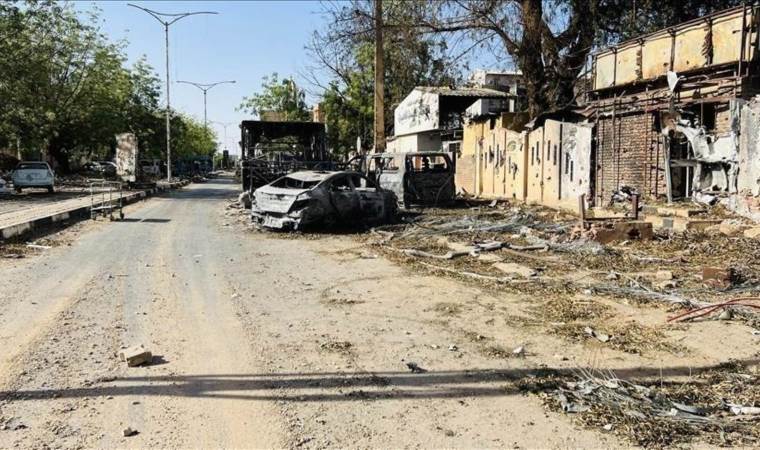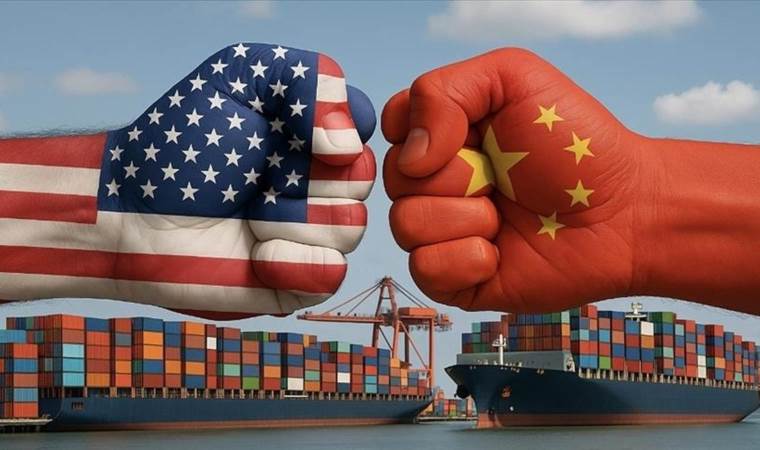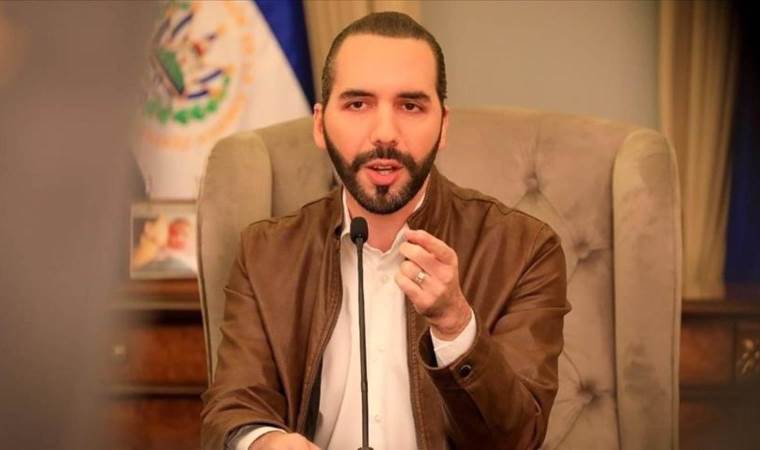In the second round of early general elections held yesterday, the New Popular Union, an alliance of four left-wing parties, emerged as the leading coalition with 178 seats in the parliament. Melenchon, leader of the coalition's largest party, La France Insoumise (LFI), signaled their readiness to form a government, stating, "We will have a prime minister from the New Popular Union."
Melenchon emphasized that his government would be able to make significant decisions, both nationally and internationally, through decrees. Reaffirming his campaign promise, he highlighted the swift recognition of the state of Palestine as one of their immediate actions.
Forming New Alliances
In the second round of elections, which saw an implicit cooperation between Macron’s camp and the leftists against the far-right, no coalition secured the necessary majority to form a government. Macron’s "Together for the Republic" alliance won 150 seats, while the far-right National Rally secured 125 seats.
The inability of any alliance to reach the 289-seat majority forces different political parties and alliances to collaborate in forming the new government. The role of the New Popular Union, especially LFI with its strong pro-Palestinian stance, in the new government depends on the coalition's ability to partner with centrist parties without fragmenting.
LFI's Strong Support for Palestine
Since the Israeli attacks on Gaza began on October 7, 2023, LFI has led numerous pro-Palestine demonstrations. The issue of Palestine was central in their campaigns for both the European Parliament elections in June and the recent general elections.
Several LFI members of parliament were summoned for questioning over accusations of "terror propaganda" due to their support for Palestine. During the European Parliament elections, LFI nominated Rima Hassan, a Palestinian descent candidate, who became the first Palestinian member of the European Parliament despite significant criticism.
Israeli Government’s Reaction
Israel’s Diaspora Minister, Amichai Chikli, expressed his discontent with the election results, targeting Melenchon on his X account. Chikli accused Melenchon of being an "Israel-hater" for his refusal to condemn the October 7 attacks and warned that this left-wing alliance could lead Europe into a "deep abyss."
Melenchon’s promise to recognize Palestine reflects a significant shift in France's foreign policy and indicates potential changes in the broader European political landscape.

 Pope Francis dies at 88 after prolonged illness: Vatican
Pope Francis dies at 88 after prolonged illness: Vatican
 Kremlin ‘satisfied’ with US position ruling out NATO mem
Kremlin ‘satisfied’ with US position ruling out NATO mem
 Russia, Ukraine report airstrikes as Putin’s Easter ceas
Russia, Ukraine report airstrikes as Putin’s Easter ceas
 Trump ‘values’ talks with Japan, says Premier Ishiba ami
Trump ‘values’ talks with Japan, says Premier Ishiba ami
 US scales back development, diplomatic presence in Afric
US scales back development, diplomatic presence in Afric
 Israel bans Palestinian minister from occupied West Bank
Israel bans Palestinian minister from occupied West Bank
 At least 33 civilians killed in RSF shelling of Sudan’s
At least 33 civilians killed in RSF shelling of Sudan’s
 Gold price exceeds $3,400 to reach new record high amid
Gold price exceeds $3,400 to reach new record high amid
 China sanctions US lawmakers, officials, NGO heads
China sanctions US lawmakers, officials, NGO heads
 El Salvador’s president calls on Maduro to release Venez
El Salvador’s president calls on Maduro to release Venez

